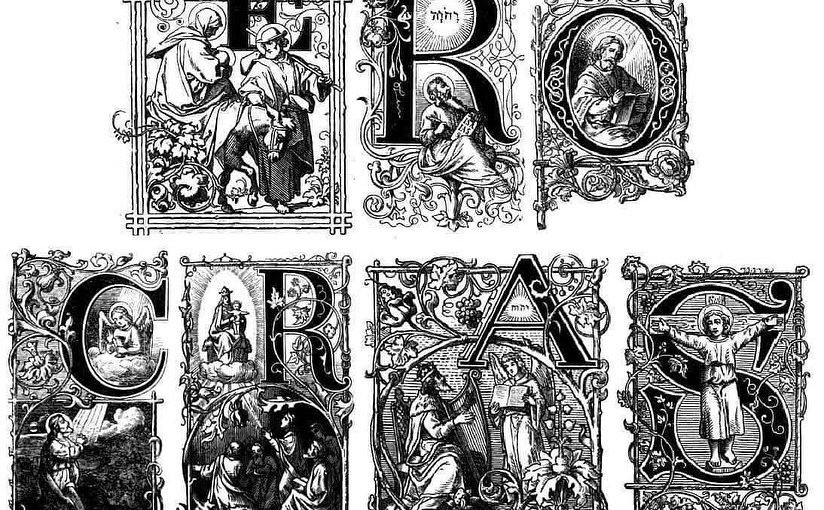Oh, come, oh, come, Emmanuel,
And ransom captive Israel,
That mourns in lonely exile here
Until the Son of God appear.
Rejoice! Rejoice! Emmanuel
Shall come to you, O Israel!
The outline for the entire hymn dates back to a thousand years ago. A week before Christmas, Monks would chant poetic verses to commemorate the arrival of Jesus. In the 1800s John Neal took those chants, turned them into a song and called it “Oh, Come, Oh, Come, Emmanuel.” The significance of the Gregorian chants are their names for Jesus: wisdom, Adonai (Hebrew name for God), root of Jesse, key of David, dayspring, King of the Gentiles, and Emmanuel.
If you take the first letter of these words in Latin, and read them backward, they spell “ero cras,” a Latin phrase meaning, “I will be present tomorrow.”
That’s the point of Christmas. Christmas is a promise that God will be present tomorrow. Belief that God will be present in all of our tomorrows makes today more bearable. We worry about tomorrow. We fret over the unknown. What if you had a choice: you could either know all of your tomorrows or you could have God with you in all of your tomorrows. You couldn’t handle knowing all your tomorrows at once. The weight of the suffering and the anticipation of the joy would overwhelm you. Having God with you through all of them–that enables you to enjoy today and anticipate tomorrow.
For today, thank God that He is the God of tomorrow.
